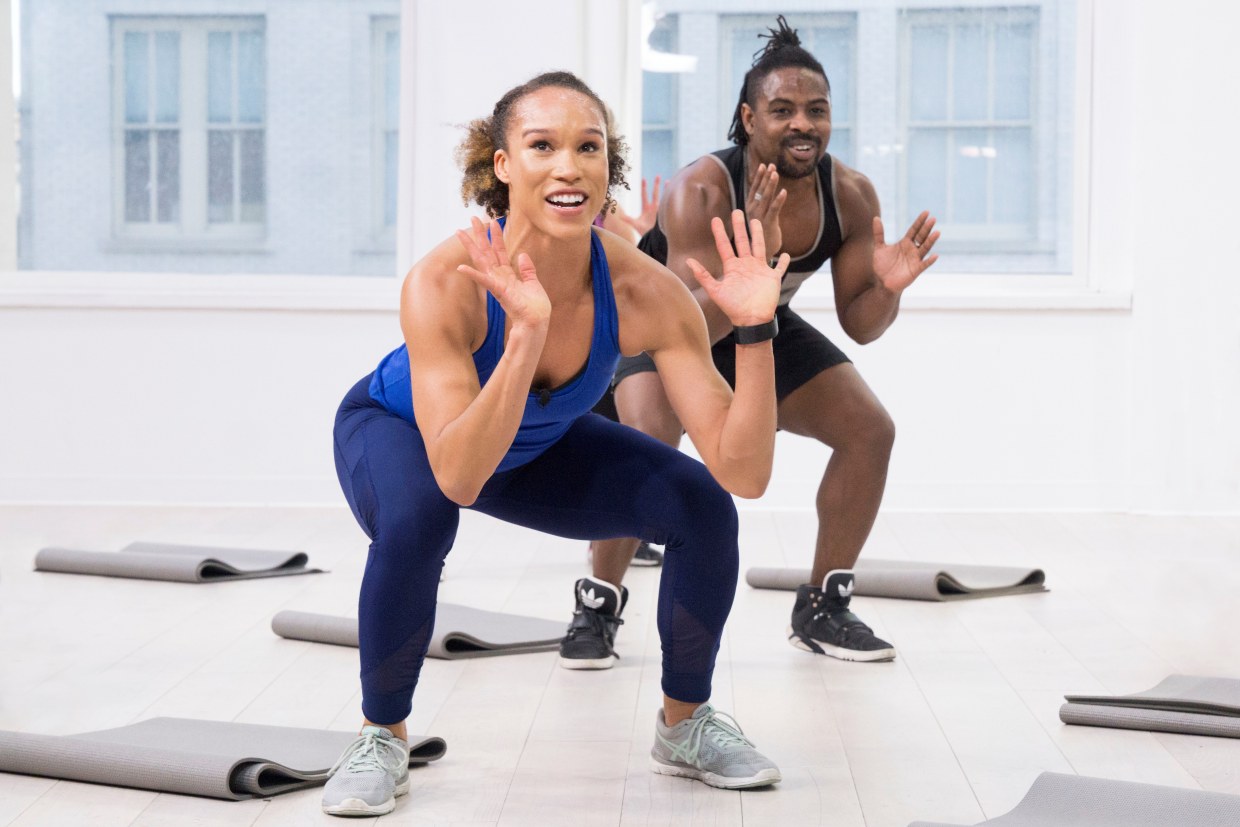What is Exercise?
Intro:
Exercise is a fundamental aspect of leading a healthy lifestyle. Whether it's through structured workouts, sports, or simply moving more throughout the day, regular exercise is vital for maintaining good health. In this article, we will delve into what exercise is, its different types, and the numerous benefits it offers.
Exercise is any physical activity that involves moving the body and burning calories. It can range from structured workouts such as weight lifting, running, and yoga to more informal activities such as walking, gardening, and playing sports. The goal of exercise is to improve physical health and fitness levels, as well as mental wellbeing.
1: Different Types of Exercise
There are three primary types of exercise: aerobic, strength training, and flexibility training. Aerobic exercise involves activities that increase heart rate and oxygen consumption, such as running, cycling, and dancing. Strength training involves resistance exercises, such as weight lifting, to build muscle and improve overall strength. Flexibility training involves stretching exercises that improve range of motion and prevent injuries.2: Benefits of Exercise for Physical Health
Exercise offers numerous benefits for physical health, including weight loss, increased muscle strength and endurance, improved cardiovascular health, and reduced risk of chronic diseases such as diabetes, heart disease, and stroke. Regular exercise also helps to improve bone density, reduce inflammation in the body, and boost the immune system.3: Benefits of Exercise for Mental Health
In addition to physical health benefits, exercise has been shown to improve mental health as well. Regular exercise can help to reduce symptoms of anxiety and depression, improve mood and self-esteem, and reduce stress levels. It can also improve cognitive function and memory.2: How to Incorporate Exercise into Your Lifestyle
Incorporating exercise into your lifestyle can seem daunting, but it doesn't have to be. There are numerous ways to get moving, regardless of fitness level or ability.4: Start Small
If you're new to exercise, start small and gradually increase intensity and duration. Walking, stretching, and other low-impact activities are great ways to get started.5: Set Realistic Goals
Set realistic goals for yourself and track your progress. This can help to keep you motivated and on track.6: Find Activities You Enjoy
Find activities that you enjoy and that fit into your lifestyle. Whether it's playing a sport, going for a hike, or taking a dance class, there are countless ways to get moving and have fun while doing it.7: Make It a Habit
Make exercise a habit by scheduling it into your daily routine. This can help to make it a regular part of your life and increase the chances of sticking with it.8: Get Support
Getting support from friends, family, or a personal trainer can be helpful in staying motivated and accountable.9: Listen to Your Body
Listen to your body and don't push yourself too hard. Rest and recovery are just as important as exercise itself.10: Consistency Is Key
Consistency is key when it comes to exercise. Aim for at least 30 minutes of moderate-intensity exercise most days of the week, and gradually increase as you progress.In conclusion, exercise is an essential component of a healthy lifestyle, offering numerous benefits for both physical and mental health. By incorporating exercise into your daily routine and finding activities you enjoy, you can improve your overall health and wellbeing. Remember to start small, set realistic goals, and listen to your body, and above all, stay consistent.






0 Comments